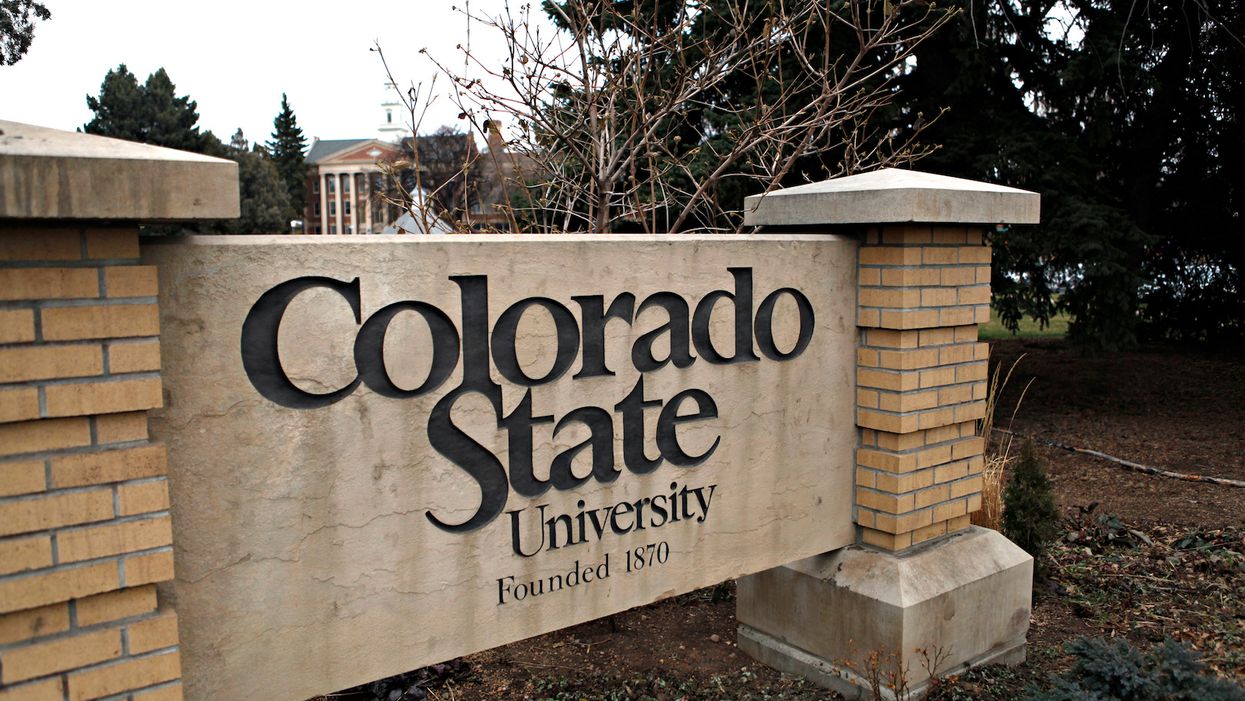
Katie Wood/The Denver Post via Getty Images

'This erases other cultures'
Editor's note: After the initial publication of this article, Colorado State University system chancellor Tony Frank issued a statement that the document which included "America/American" was a draft from October 2018 that was not distributed to the campus community. A January 2019 version, which did not include "America/American", was ultimately finalized and put into use.
A guide to inclusive language published by a Colorado State University task force cautions students, faculty, and staff to avoid the use of the terms "America" and "American," among others, some of which might not be known to the common person to be considered offensive.
The Inclusive Language Guide was compiled by Colorado State's Inclusive Communications Task Force with the goal of "helping communicators practice inclusive language and helping everyone on our campus feel welcomed, respected, and valued."
The guide explains why "America/American" is a "word/phrase to avoid":
"The Americas encompass a lot more than the United States. There is South America, Central America, Mexico, Canada, and the Caribbean just to name a few of 42 countries in total. That's why the word "americano" in Spanish can refer to anything on the American continent. Yet, when we talk about "Americans" in the United States, we're usually just referring to people from the United States. This erases other cultures and depicts the United States as the dominant American country."
Instead, people should say "U.S. citizen" or "person from the U.S."
Much of the document is devoted to eliminating the use of common words that express or imply gender or biological sex, such as "freshman," "policeman," "male," and "female."
"Male and female refers to biological sex and not gender," the guide explains. "In terms of communication methods (articles, social media, etc.), we very rarely need to identify or know a person's biological sex and more often are referring to gender. In these cases, using gender identity terms is preferred."
The guide also discourages the use of "he" or "she," instead guiding students to use terms such as "They/them/theirs/ Ze/hir/hir" because "he" and "she" "imply that gender is binary (i.e. either man or woman)."
(H/T Campus Reform)
Aaron Colen
Aaron is a former staff writer for TheBlaze. He resides in Denton, Texas, and is a graduate of the University of Oklahoma where he earned his Bachelor of Arts in journalism and a Master of Education in adult and higher education.